February 13, 2020
Sojeong Jun is a graduate student in CRI. As part of the Agathocleous lab, she is working to discover new treatment options for patients with leukemia.
What are you researching?
I’m studying the role of metabolism in blood-cell development and how dysfunction in this process can lead to diseases like bone marrow failure, immune deficiencies, and leukemias. In our bodies, specialized cells known as blood-forming stem cells are responsible for producing the blood cells we need throughout our lifetimes.
Currently, we don’t really understand what nutrients these cells eat, how they metabolize nutrients, or if they do so differently from other cells. To figure this out, I’m looking at how normal stem cells and leukemia cells use glucose by studying the role of pyruvate dehydrogenase, an enzyme that cells use to break down glucose in mitochondria. I found that certain types of leukemia cells need pyruvate dehydrogenase, but most normal blood-forming cells do not. This is exciting because it means we might be able to kill leukemia cells without killing normal cells once we figure out why leukemia cells need this specific enzyme and normal cells do not.
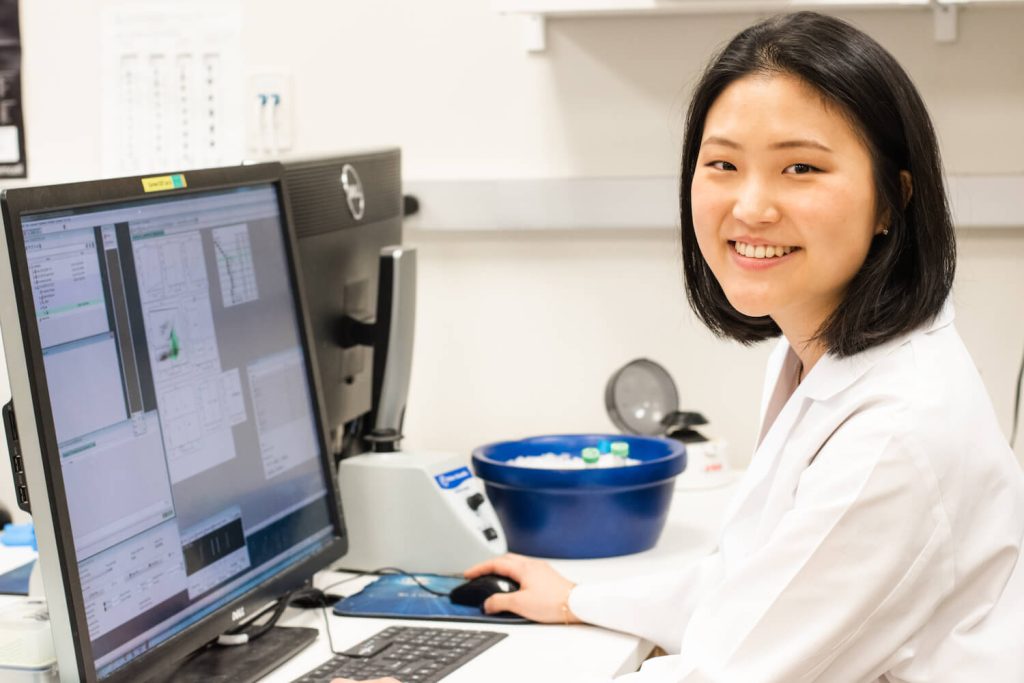
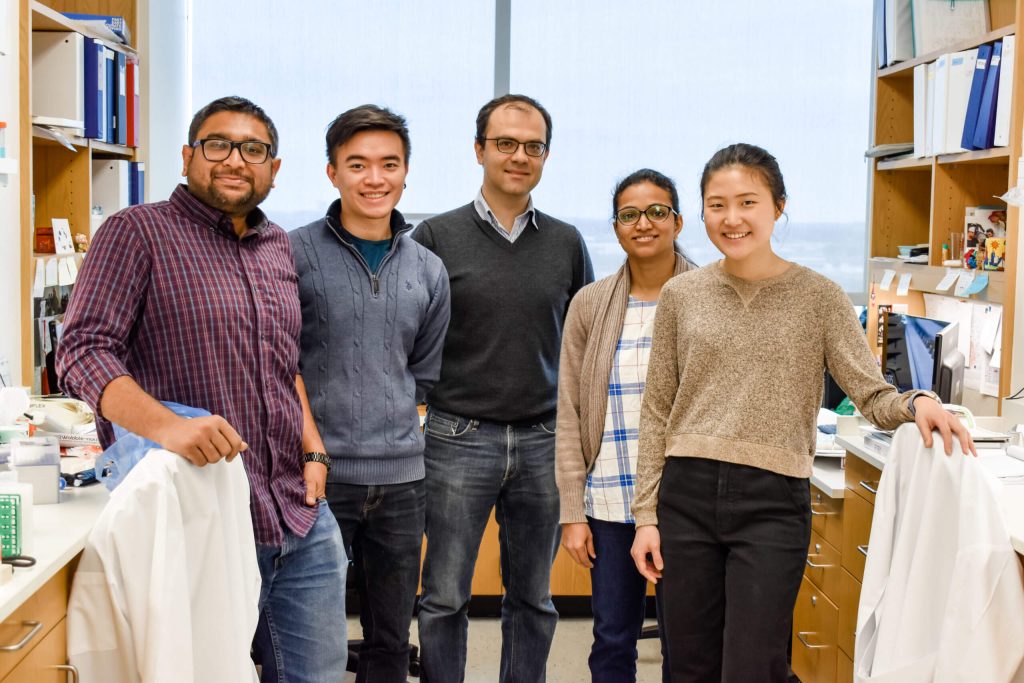
How did you end up in CRI?
I joined CRI because I was interested in Michalis Agathocleous’ lab. He was someone who I felt like I could learn a lot from, especially because I came to grad school without a lot of research experience. It’s been two years since I joined his lab, and I feel like I‘ve garnered so much knowledge not only in techniques but more so in conceptual thinking skills. Also, the highly collaborative environment in CRI I experienced during my grad-school rotation was exciting. Everyone here is willing to help you, whether it is borrowing reagents or having scientific discussions. I also felt more encouraged and driven to pursue my own research because everyone here is passionate about what they do. Our lab is still small, but I love how the lab members are so tight, and we care a lot about each other. I can’t imagine getting trained in any other lab.
What is the most valuable thing you’ve learned from your labmates?
They taught me you don’t do science alone and that it’s okay to ask for help. Whenever I am frustrated by a problem or struggling with an experiment, I know my lab members always have my back. Whether it’s offering help, giving me a pep talk, or reminding me it’s alright to step away from my bench, I always feel supported. In return, I do the same for them whenever they feel stressed, want some company, or just need some extra hands on an experiment.
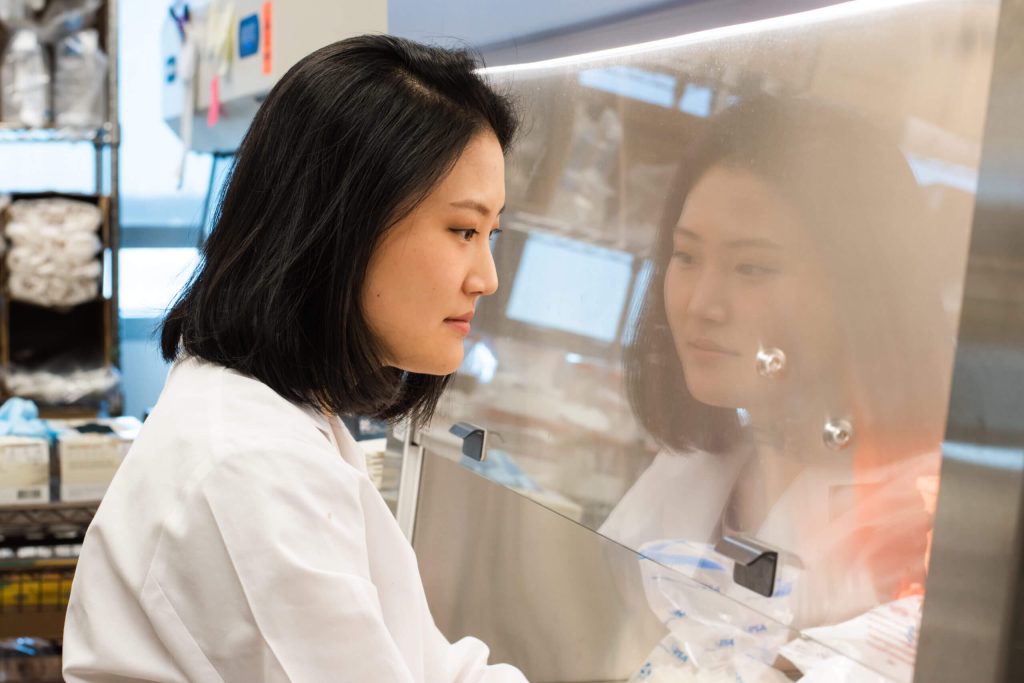
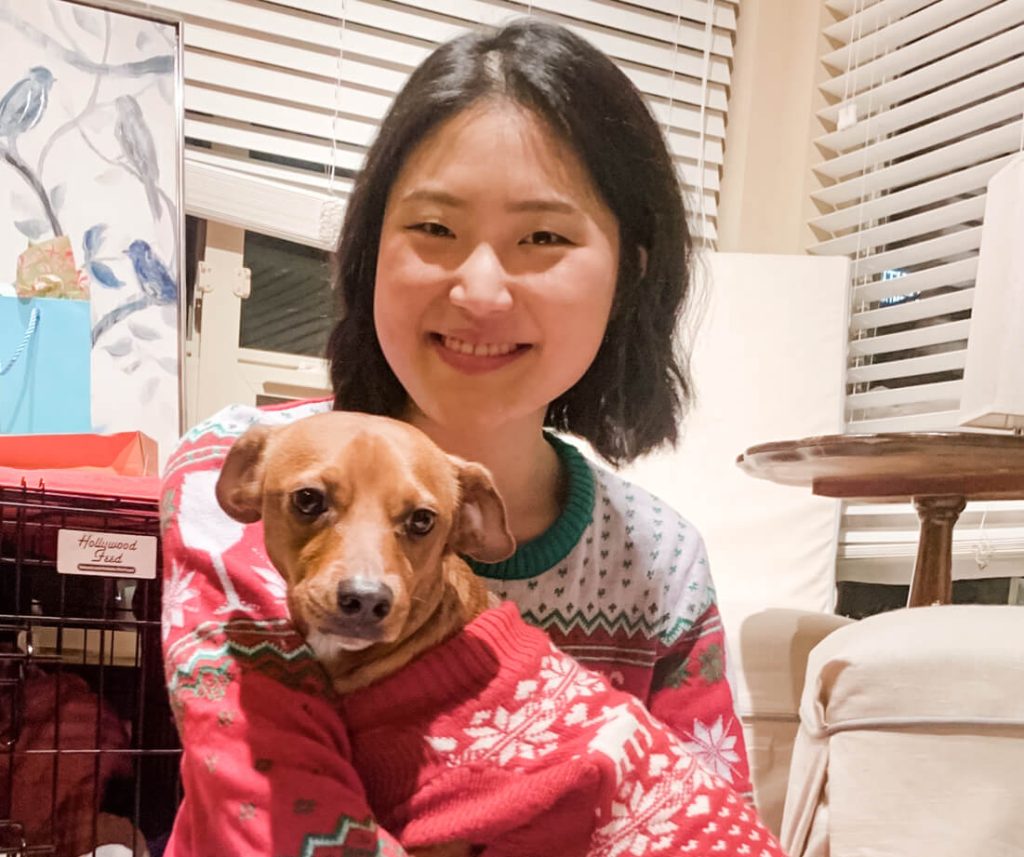
What do you like to do when you’re not in the lab?
When I’m not in the lab, I love to work out, spend time with my dog Mocha, or play the piano. Going to the gym after lab is my favorite end-of-the-day activity because when I’m working out, my mind is blank and solely focused on the physical activity I am doing. In a way, it’s therapeutic. I rescued my pup two years ago from Dallas Pets Alive, and it was the best decision I’ve made because he brings a smile to my face every day. I also enjoy learning pieces of new sheet music and playing them on the piano.
Do you have any hidden talents?
I have perfect pitch, so I can listen to any song and then play it on the piano or the flute. I’ve been playing piano since I was six. When I was growing up, my parents took my brother and I to lots of concerts, so I think that’s where I got this talent.
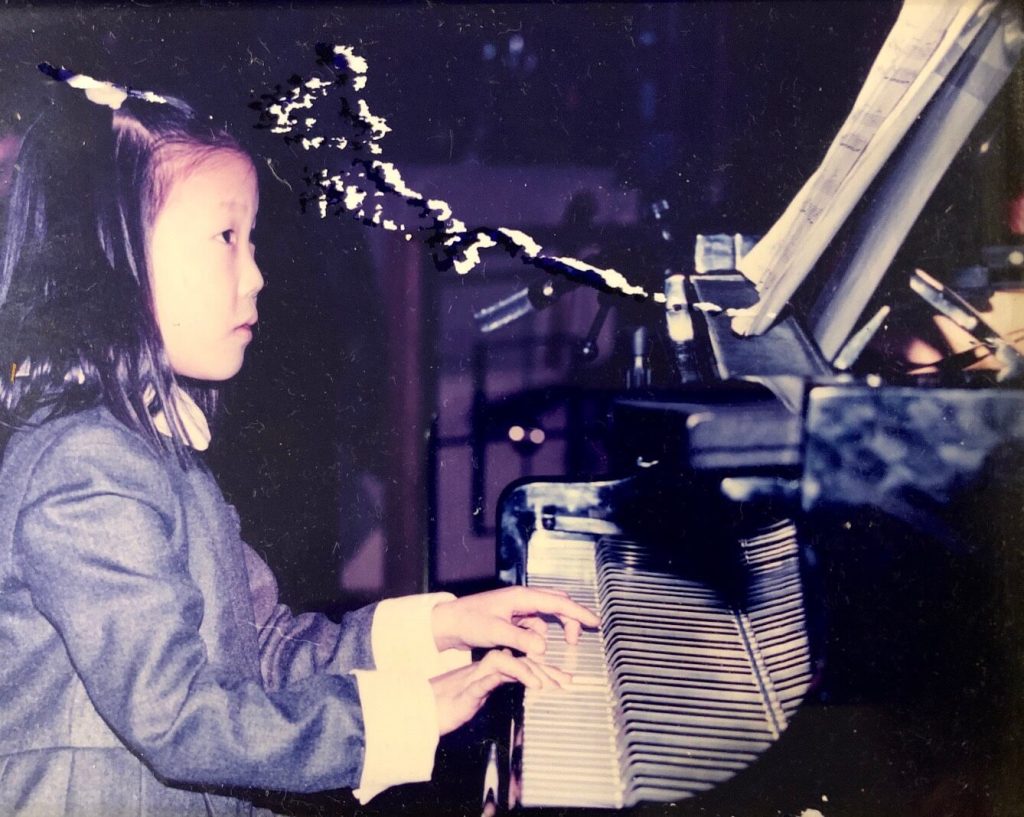
© 2025 Children’s Research Institute Dallas Texas | Privacy | Site Policies